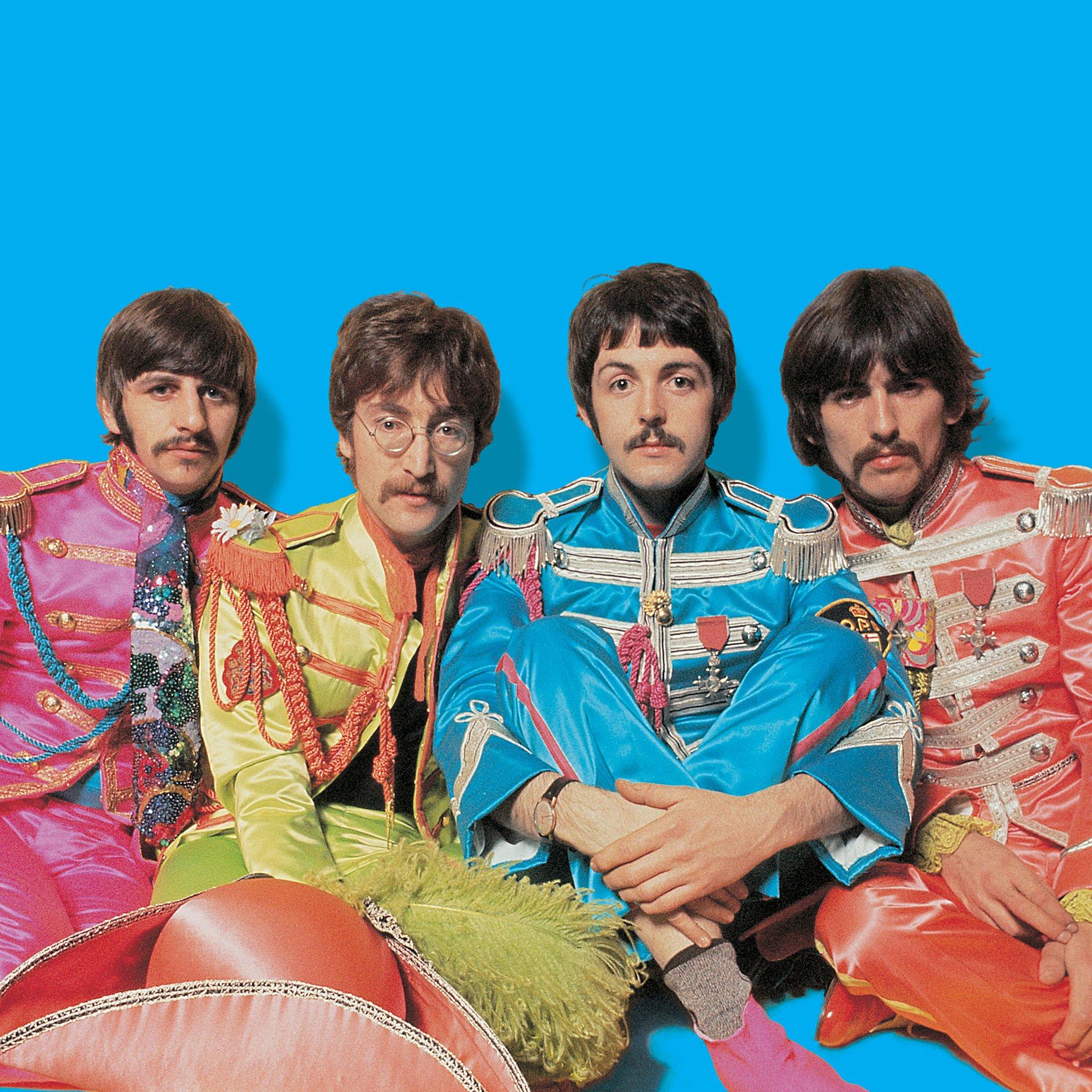Meta Description: Discover the complex relationship between Jimi Hendrix and The Beatles. From admiration to critique, explore how Hendrix’s views on the iconic band evolved over time.
Blending the blues with psychedelia in a stunning display of skill, Jimi Hendrix became the most influential guitarist of all time. Without him, the instrument would live a distinctly different existence today. The same could be said for The Beatles when it comes to songwriting. Together, Jimi Hendrix and The Beatles sit alongside one another in the pantheon of all-time greats, extending unrivalled influence over modern culture.
Hendrix’s Admiration for The Beatles
For the most part, Hendrix respected The Beatles. He adored them, in fact. However, there was one album by the group that he despised, believing it signaled a decline in their talent. This comment was a significant shift in tone from Hendrix, who, some years earlier, exhibited his appreciation for the Fab Four during a headline show at the Saville Theatre in London. It was here that the now-iconic guitarist delivered a mind-blowing rendition of the title track from Sgt. Pepper with the knowledge that Paul McCartney and George Harrison were in attendance only a matter of days after the record’s release.
“Jimi was a sweetie, a very nice guy. I remember him opening at the Saville on a Sunday night, 4th June 1967,” McCartney once compellingly recalled. “Brian Epstein used to rent it when it was usually dark on the Sunday. Jimi opened, the curtains flew back, and he came walking forward, playing ‘Sgt. Pepper’, and it had only been released on the Thursday, so that was like the ultimate compliment.”
Macca added: “It’s still obviously a shining memory for me, because I admired him so much anyway. He was so accomplished. To think that that album had meant so much to him as to actually do it by the Sunday night, three days after the release. He must have been so into it, because normally it might take a day for rehearsal, and then you might wonder whether you’d put it in, but he just opened with it.”
In that very same year, Hendrix publicly expressed his appreciation for the group, noting: “They’re one group that you can’t really put down because they’re just too much”. However, the guitarist later changed his stance on the topic and found room to attack his former idols.
Hendrix’s Critique of The Beatles
It was only two years later when he lined up his killer blow and revealed that he no longer felt The Beatles were the powerhouse they once were. With the Fab Four retired from touring, Hendrix had arguably taken their place at the top of the mountain pile, and he thought they were taking their sound backwards.
“People are starting to get a little more hep to music nowadays,” he told the International Times. “I think The Beatles are going toward the past a little more.” While Keith Richards might argue they were re-grounding themselves, Hendrix figured that was code for reverting to a less adventurous stance.
He wasn’t finished there, either. Hendrix went on to describe The White Album as “an inventory of the past ten years, rock music you know. There’s a lot of people waiting for something else to happen now, anyway”.
The guitarist then singled out ‘Happiness Is a Warm Gun’ as an example of their declining talent. Although Hendrix made it clear that he still respected them as a band, the way he did this was rather cutting. “The Beatles are part of the establishment. They’re starting to melt that way too,” he added.
The Legacy of Hendrix and The Beatles
The White Album is considered by many to be an unequivocal masterpiece, resplendent with every type of song seamlessly woven into one succinct statement; however, perhaps Hendrix believed The Beatles had stopped pushing the boundaries as vigorously as they did during other career stages. For Hendrix, perhaps he didn’t feel as inspired by that record as he did after the first time he listened to the otherworldly Sgt. Pepper.
McCartney’s doting comments about his contemporary show that there was never any bad blood between them personally, but artistically, Hendrix had moved on and was now operating in his own universe. All the same, he proved his admiration for McCartney was still strong when he blunderingly invited him to be part of a supergroup with Miles Davis, only to find Macca’s answering machine while he was away on holiday.
